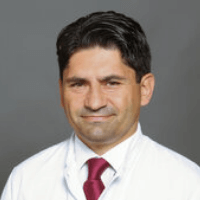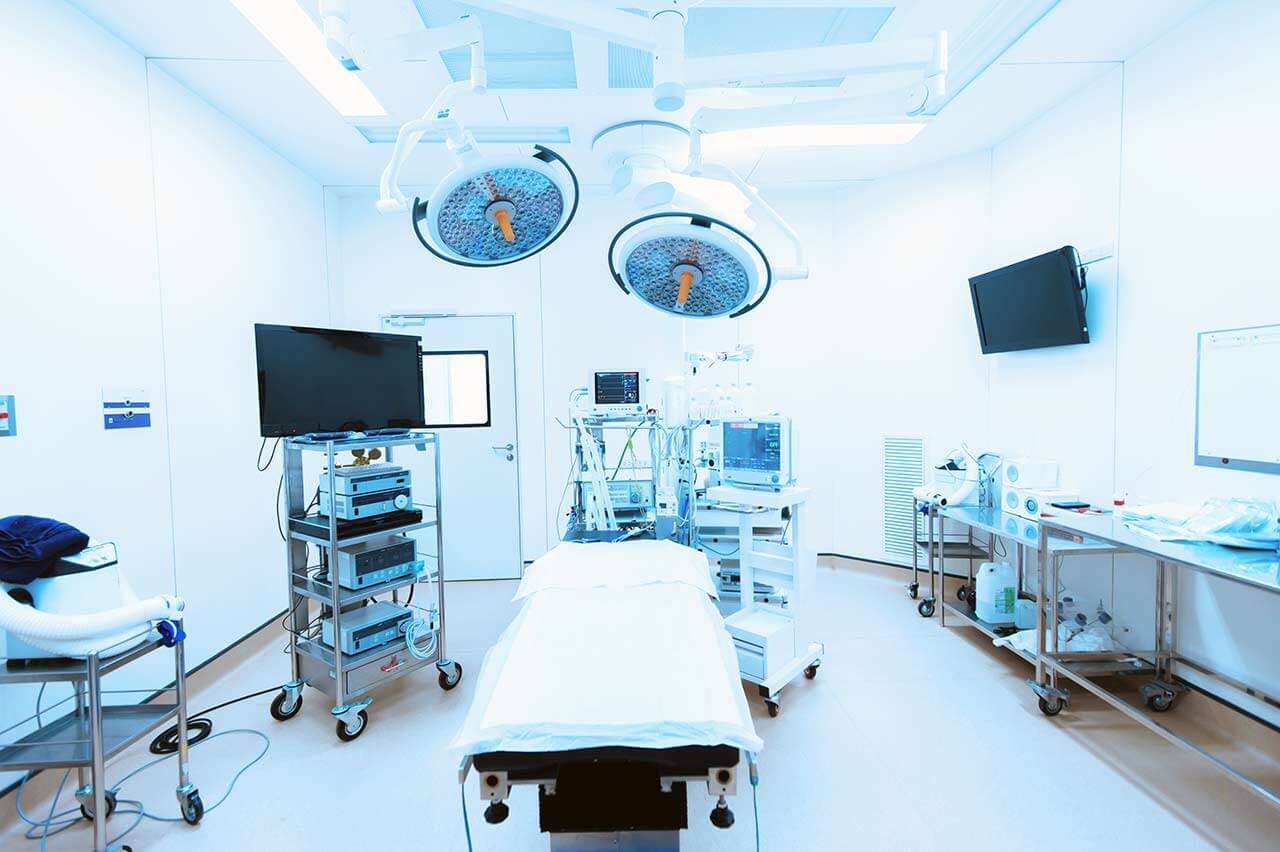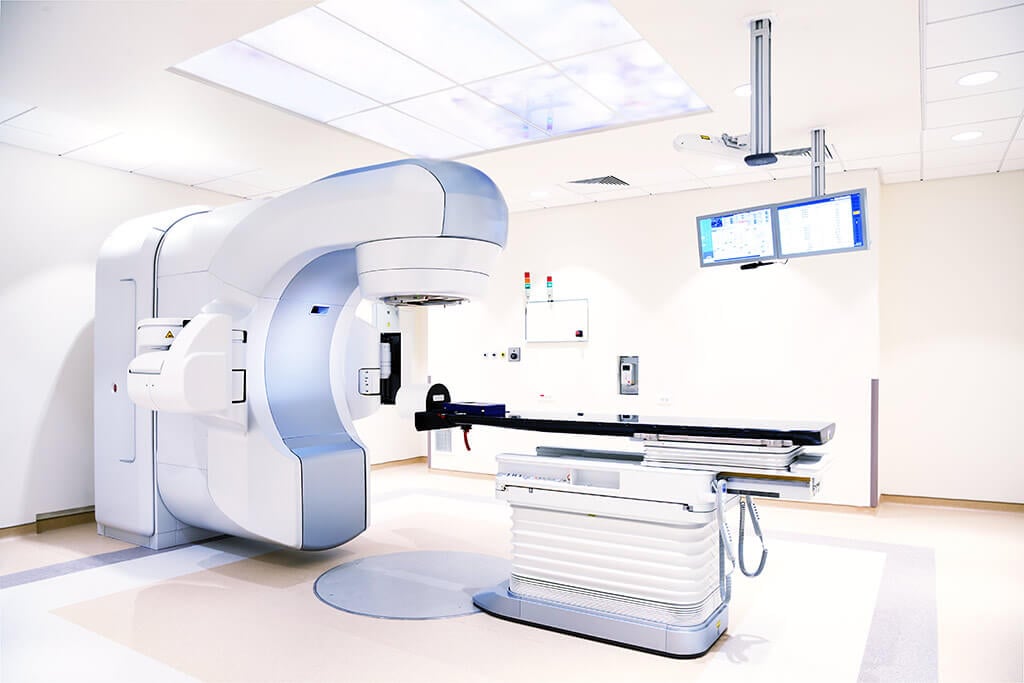
About the Department of Electrophysiology and Rhythmology at Catholic Clinic Koblenz-Montabaur
The Department of Electrophysiology and Rhythmology at the Catholic Clinic Koblenz-Montabaur provides the full range of modern diagnostic and therapeutic services to patients with heart rhythm disturbances (cardiac arrhythmias). Of particular interest to the department's team of doctors is medical care for patients with atrial fibrillation, which is the most common form of heart arrhythmia. The department's doctors are convinced that high-quality diagnostics are the key to successful treatment, and the medical facility therefore has state-of-the-art equipment for 24-hour Holter ECG monitoring, heart rate assessment using event recorders, and cardiac electrophysiological studies. In the course of treatment, the specialists of the medical facility resort to drug therapy and interventional procedures, including the implantation of pacemakers and defibrillators, cardiac resynchronization therapy, PVAC catheter ablation, cryoballoon ablation, the implantation of a permanent epicardial pacemaker, etc. The department's bed fund includes 36 beds for patient hospitalization. In addition, many procedures are performed on an outpatient basis. The department's medical team makes sure that each patient receives top-class personalized medical care in a pleasant environment. The Head Physician of the department is Dr. med. Osman Balta.
Such symptoms as a slow, rapid, or irregular heartbeat, dizziness, fainting, shortness of breath, and fatigue are manifestations of heart rhythm disturbances. The therapeutic process begins with a comprehensive diagnostic examination that necessarily includes electrocardiography, which is the main method for assessing the electrical activity of the heart. Holter ECG monitoring and electrophysiological studies of the heart are also often included in the diagnostic protocol. The patient is also prescribed various laboratory tests. Based on the diagnostic results, the attending physician makes an accurate diagnosis, according to which an optimal treatment regimen is developed.
The first-line treatment for heart arrhythmias is drug therapy aimed at stabilizing the heart rhythm. As a rule, the patient will have to take the prescribed drugs for a long time, and in some cases for life. An important role in the treatment success is also played by lifestyle modification: maintaining a healthy diet, giving up bad habits (smoking and alcohol), moderate physical activity (light gymnastics, swimming, and walking in the fresh air).
The department's specialists also offer interventional treatment methods for heart arrhythmias, which are often required for complex forms of heart rhythm disturbances. Radiofrequency catheter ablation is one of the most popular and highly effective procedures. The technique is most often used for atrial fibrillation, which is considered the most common heart rhythm disturbance. The essence of radiofrequency ablation is the destruction of a pathological focus that generates abnormal electrical impulses with electrical energy. The pathological focus is approached through a puncture in the area of the femoral vein. A catheter is inserted through the vein puncture, which is further directed to the pathological area under imaging guidance, after which the necessary therapeutic manipulations are performed. The procedure is performed under local anesthesia. The department's doctors also offer patients innovative options for catheter ablation, such as PVAC catheter ablation and cryoballoon ablation using the CARTO 3 heart mapping system.
The department also successfully uses cardiac resynchronization therapy to treat irregular heart rhythms. During this procedure, the doctor implants a triple-chamber pacemaker, the electrodes of which control the work of the heart and help its chambers contract synchronously, which contributes to the restoration of the heart's pumping function and the elimination of heart rhythm disturbances. The procedure is endovascular, which means that it does not require any skin incisions but is performed through a subclavian artery puncture.
The medical facility offers interventional procedures for the implantation of all modern pacemakers and defibrillators. Thanks to the use of low-traumatic techniques in the department, such operations are absolutely safe, and a few days after the procedure, the patient can be discharged from the medical facility. The duration of the intervention to implant a pacemaker or a defibrillator is 40-60 minutes; local anesthesia is used during the procedure.
The department's specialists have the most advanced technologies and strive to provide patients with all the treatment methods available in modern cardiology. At the same time, it is important for the doctors that the treatment is not only as effective as possible but also sparing and safe.
The department's main therapeutic options include:
- Catheter ablation
- Radiofrequency catheter ablation
- PVAC catheter ablation
- Cryoballoon ablation using the CARTO 3 cardiac mapping system
- Cardiac resynchronization therapy
- Interventional procedure to close the atrial appendage in atrial fibrillation
- Implantation of a cardiac contractility modulation system for treating cardiac arrhythmias in patients with heart failure
- Implantation of epicardial (myocardial) electrodes (direct implantation of a probe into the heart muscle through a small incision in the chest wall)
- Implantation of defibrillators and pacemakers
- Other treatment methods
Curriculum vitae
Dr. med. Osman Balta has been the Head Physician of the Department of Electrophysiology and Rhythmology at the Catholic Clinic Koblenz-Montabaur since 2013. The specialist has unique professional skills and rich experience in the treatment of heart arrhythmias. Dr. med. Osman Balta is board certified in Internal Medicine and Cardiology. He is a certified instructor in the field of electrophysiological studies and endovascular treatment of heart arrhythmias (certificate of the German Cardiac Society, DGK). Dr. med. Osman Balta also has a certificate from the European Heart Rhythm Association (EHRA).
Photo of the doctor: (c) Katholisches Klinikum Koblenz - Montabaur





